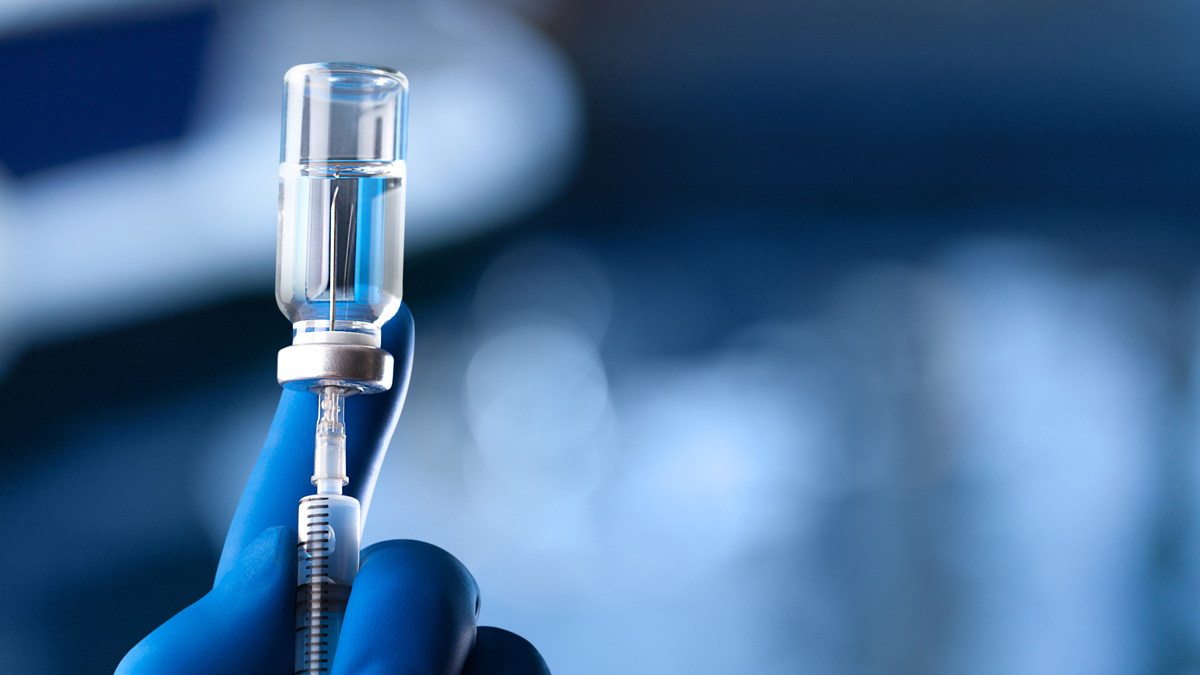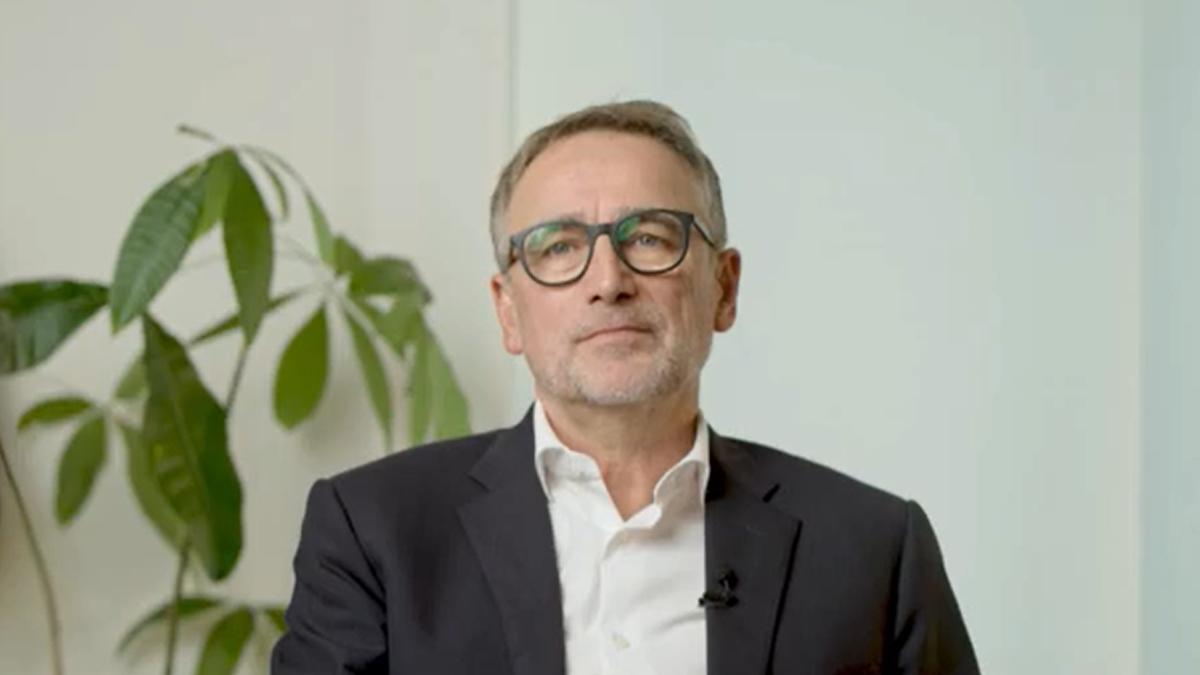Pfizer hoping for pole position in RSV vaccine contest

Pfizer is aiming to be first on the grid in the race to being a vaccine against respiratory syncytial virus (RSV) to market, after reporting results from a phase 3 trial of the jab in older adults.
The data from the 37,000-patient RENOIR trial, which sets up regulatory filings in the autumn, showed an efficacy rate of 85.7% with the vaccine in protecting adults aged 60 or over on the primary endpoint of lower respiratory tract illness (LRTI) caused by RSV, and a good safety profile.
Pfizer is hoping to beat rivals including GSK to regulatory approval of its RSV vaccine, claiming first-mover advantage in a market that a market estimated to have the potential to reach a value of $10 billion a year.
It's a close-run contest, given that GSK is also preparing to file for approval of its RSV vaccine after reporting positive results in the phase 3 AReSVi 006 study in June, saying that it hopes to go to regulators in the second half of this year.
Also following after are candidates from Johnson & Johnson – due to report phase 3 results in mid-2023 – as well as Bavarian Nordic and Moderna in what looks set to be a crowded category.
According to Pfizer, RSV infections account for approximately 177,000 hospitalisations and 14,000 deaths each year among older adults in the US every year.
"We are delighted that this first bivalent RSV vaccine candidate, RSVpreF, was observed to be efficacious in our clinical trial against this disease, which is associated with high levels of morbidity and mortality in older adults," said Annaliesa Anderson, chief scientific officer for Pfizer vaccines R&D.
"Scientists and researchers have worked to develop RSV vaccines with little success for over half a century," she added. "These findings are an important step in our effort to help protect against RSV disease."
Pfizer is also testing its vaccine for prevention of RSV infection in infants from birth up to six months by vaccinating pregnant women in the MATISSE trial, which is also due to generate results shortly.
For this smaller use the company has a clear lead over GSK, which was forced to halt studies of its shot in this setting earlier this year while it investigated a safety signal.
Meanwhile, the race to market between GSK and Pfizer has also spilled into the courts, with Pfizer filing to invalidate three patents awarded to GSK for its vaccine in June.












